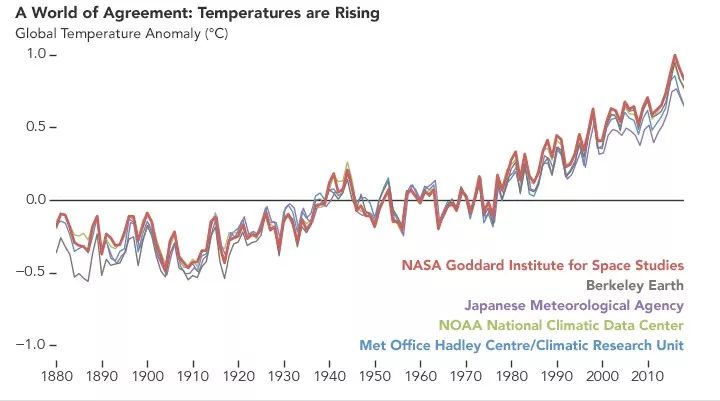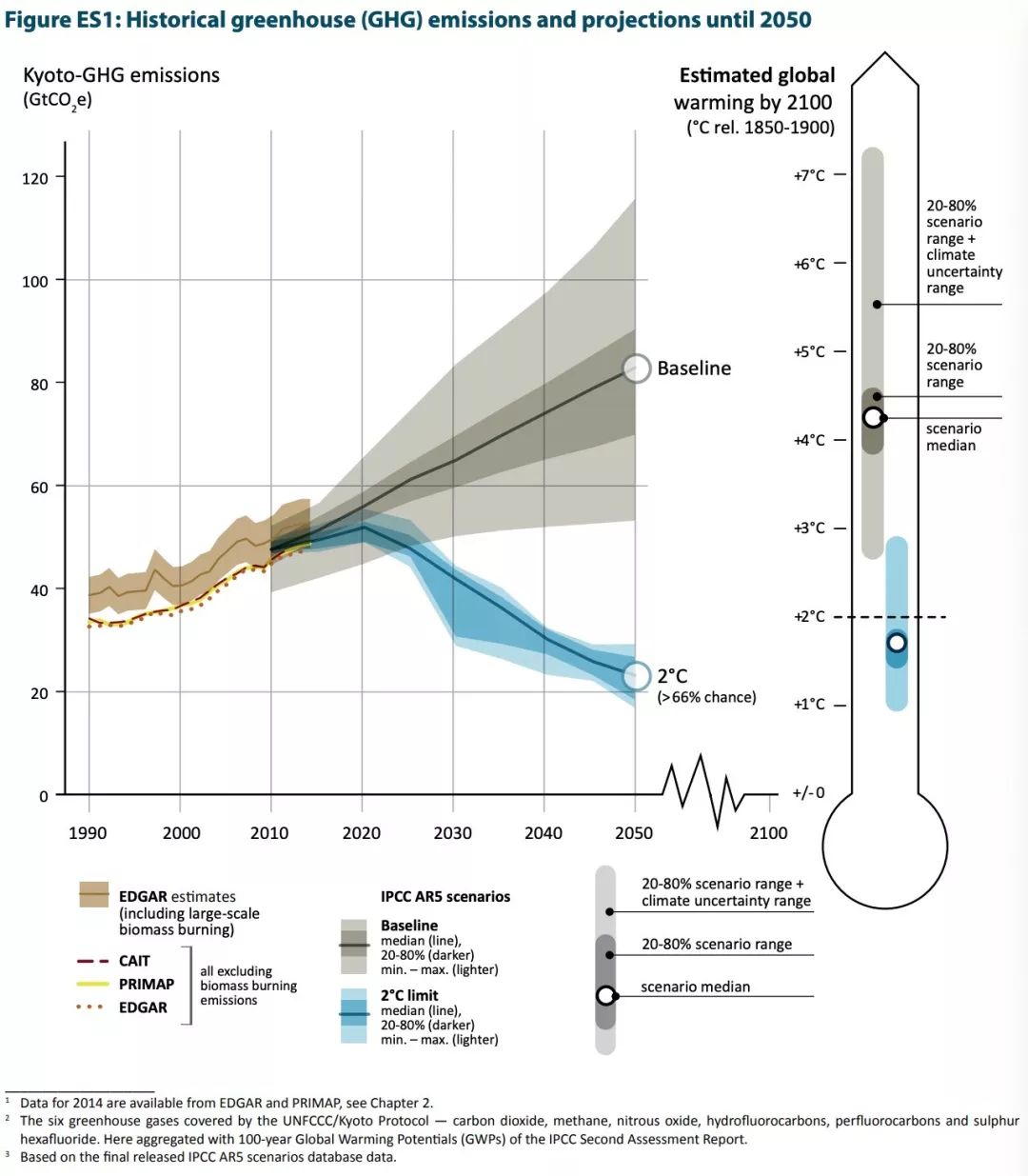The growth mode of capitalism destroys the ecological environment? Talking about the circular economy under the blockchain
Author: IPFS Force area Taosheng Shi
Source: IPFS Force Zone
Things that already exist will come later;
What has been done will be done later.
- How does the Interplanetary File System (IPFS) decentralize the network?
- Getting Started with Blockchain | 42 Most Frequently Asked Questions and Answers About Blockchain
- Bitcoin cash double payment statistics triggers zero confirmation dispute
There is nothing new under the sun.
Is there one thing that can point to saying this is new?
Who knows, it's already been in our previous generations.
No one remembers the past generations;
Future generations will not remember later.
-"The Bible. Ecclesiastes"

John McNeill, a well-known world environmental history man, said in "What's New in the Sun" that human behaviors that can change the environment can be called economic activities. Then, the history of economic development can also be attributed to the history of human transformation and use of the environment.
Looking back at the economic growth of the past century, it comes down to the global and proportional allocation of resources, labor, and capital . This configuration is mainly reflected in three aspects: industrialization, Fordism and globalization .
Industrialization is mainly to change the structure and speed of energy and logistics, with the goal of reducing energy density and forming economic centers characterized by urban agglomeration, such as Detroit and Silicon Valley in the United States. Industrialization not only gave birth to nationalism and the rise of the state, but also to the formation of a unified market and the public sphere. With the help of technological revolution and mercantilism, capitalist competition, efficiency, and consumerism were established globally.
Fordism is a typical collaboration model in the 20th century. It has achieved super-high productivity growth rates in industrial society through the introduction of assembly line manufacturing, Taylor-made scientific management, and improvement of worker welfare. At the time, Ford employees could buy a car for 58 days, and the production model pioneered by Fordism allowed millions of Americans to buy cars, radios, gramophones, refrigerators, and washing machines. The wealth and leisure people enjoyed in the 20th century required a large number of servants to do so in the 19th century. Therefore, the impact of Fordism is far-reaching, and mass production requires large consumption, thus creating a mass consumerist society and a welfare state.
Globalization is divided into several stages: the first stage is driven by exploration and trade, ranging from the 15th century to the 18th century; the second stage is driven by colonialism, with the advancement of transportation and communication technology, including railway, Ship and telegraph. The range was between 1870 and 1914 and was eventually blocked by the two world wars. The third phase is driven by immigration, electronic communications, and global trade, ranging from the 1980s to the present.
Beginning in the middle of the last century, globalization, industrialization, and Fordism have promoted the miraculous growth of the global economy. By the end of the last century, globalization has tended to "financialize" rapidly. Money flows in the financial system more than trade and manufacturing. Much easier, this is the current problem, refer to "Can Blockchain Really Save the Debt Economy? "Article.
These three characteristics interact with each other. Through the scientific and technological revolution and configuration optimization, it not only spawned the economic miracle of the 20th century, but also triggered large-scale environmental changes. Michael Jacobs pointed out in Rethinking Capitalism about capitalism and its dilemma that there is another more serious problem hidden behind the development of contemporary capitalism: the global greenhouse gas emissions have soared, and climate change is bad. The risk of catastrophic consequences is enormous. NASA research shows that more than 97% of climate scientists agree that human activity has contributed to global warming since the last century.

We cannot ignore such warnings.
In the U.S.'s latest National Climate Assessment, researchers issue the grimest economic and climate warning to date: climate change is expected to give U.S. infrastructure and property without substantial and sustained global mitigation and regional adaptation efforts Causes increasing losses and hinders economic growth in this century.
Rethinking environmental issues such as capitalism and greenhouse gases is inseparable from the capitalist production and consumption system because the energy base of this system is fossil fuels. It seems that an important reason for the decline in carbon emissions in developed countries over the past 30 years is the transfer of production to developing countries through globalization.

We will continue to update Blocking; if you have any questions or suggestions, please contact us!
Was this article helpful?
93 out of 132 found this helpful
Related articles
- Babbitt Column | Analysis of different types of token supervision
- A picture to understand the blockchain App security system
- "Farewell Hayek": Conjecture on the Development Space of STO in China
- How to seize the breakthrough of the blockchain overpass? Experts and experienced practitioners give answers
- Hainan sets up digital asset trading test area, STO falling from the altar may usher in the biggest turning point
- Chinese Blockchain Enterprises Capture US Exchanges?
- The truth about blockchain employment: higher thresholds, fewer job applicants, high salaries or history?






